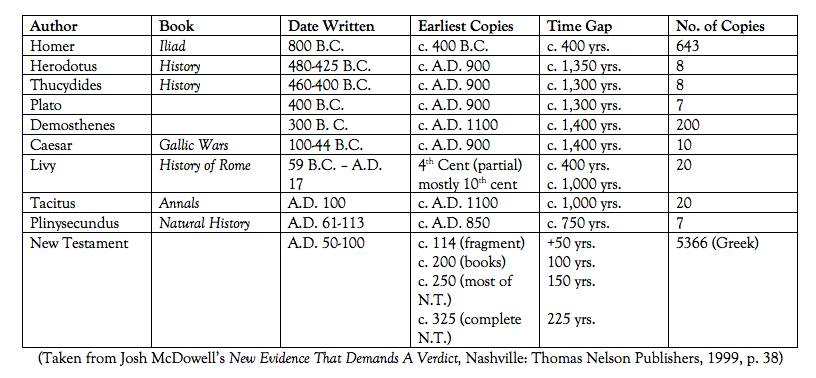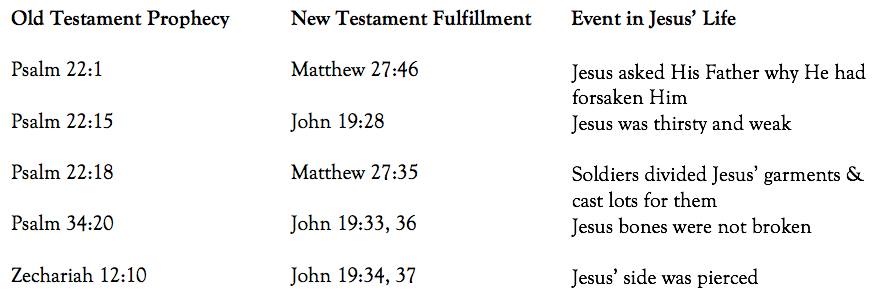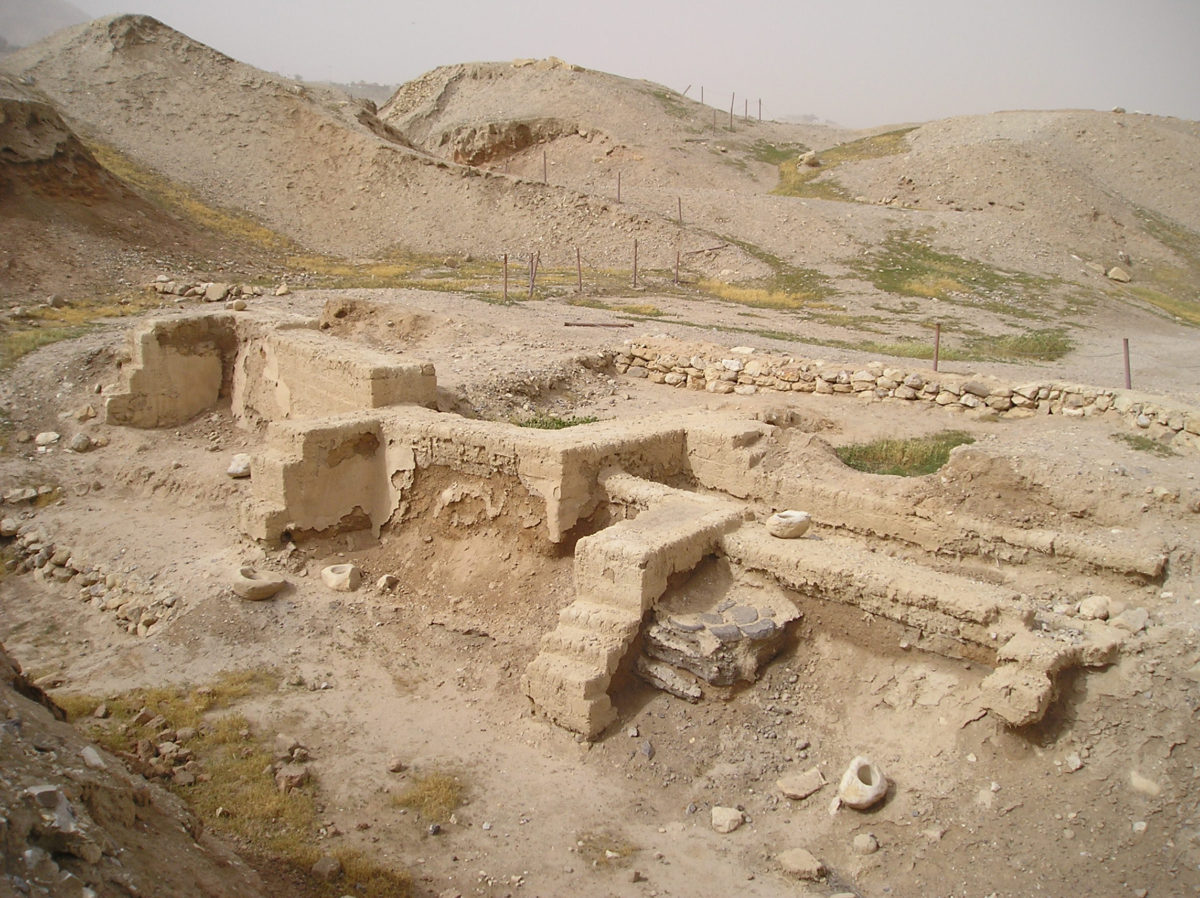What is the Gospel? In Mark 16:15, Jesus cast a huge vision for Christians: “Go throughout the whole world and preach the gospel to all people”[GNT]. Obviously if this vision is going to be fulfilled it must be understood. It is not too difficult to understand going throughout the whole world and preaching to all people. But what about the gospel? What is the content of the gospel? What do we tell non-Christians about Jesus Christ?
Many diverse opinions exist today among Christians on what the gospel is. For example, a gospel singer gave his testimony on the radio and said, “I was unloved, rejected, alone, and lonely. I suffered from an inferiority complex. I struggled with insecurity. Then I heard the gospel. I heard God loves me. God’s love changed my life.” Is that the gospel?
A well-known Christian leader said, “A presentation of the gospel is simply this: you are calling on someone to turn from their sin and follow Jesus Christ. That’s it!” Is that the gospel? The World Council of Churches in Nairobi (1975) said, “The gospel always includes… the responsibility to participate in the struggle for justice and human dignity, the obligation to denounce all that hinders human wholeness.” Is that the gospel?
If we are going to be effective in evangelism we must know what to tell non-Christians – i.e. we must know what the gospel is, so they can avoid Hell and get to Heaven. The gospel we are to preach today is the gospel of the grace of God. The apostle Paul states, “But none of these things move me; nor do I count my life dear to myself, so that I may finish my race with joy, and the ministry which I received from the Lord Jesus, to testify to the gospel of the grace of God” (Acts 20:24). Paul defines the “gospel of the grace of God” in I Corinthians 15:1-8.
In I Corinthians 15, Paul is addressing the issue of the resurrection of Christ. Some of the Corinthians denied the bodily resurrection from the dead. Paul understood that if there is no resurrection, there is no good news to preach. To begin his discussion of the resurrection, Paul emphasized the importance of the gospel. Paul “declared”the gospel to the Corinthians (15:1a). He said they “received” or embraced this gospel as being true (15:1b). Then he says they now “stand” or are absolutely convinced of this gospel (15:1c).
Then Paul says, “the gospel which I preached to you…by which also you are saved, if you hold fast that word which I preached to you—unless you believed in vain” (15:1b-2). Is Paul doubting their salvation from hell? Is he saying if you backslide or fall away from the Lord you lose your salvation, or you are not saved in the first place? He is not doubting their salvation because he already affirms they “received “the gospel message (15:1b). Nor does he doubt that they hold fast to the gospel because he affirms that they are standing in it (15:1c). Nor is Paul doubting their future assurance because once you receive eternal life, you can never lose it or it isn’t eternal life.
So what is Paul saying here? When Paul says, “Unless you believed in vain” (15:2c), he is saying they would have believed in vain if in fact the gospel they received was not true. If Christ did not rise from the dead then both Paul’s preaching and the Corinthian’s faith were in vain (cf. 15:12-14). If Christ is still dead, then our faith is vain. It is empty. A dead Christ cannot save us. So if they do not hold fast to the gospel, i.e., if their current denial of the resurrection is correct, then Christ did not rise, which in turn means that they did actually believe in vain. If they are right about there being no resurrection, then everything is a lie, and they stop existing as believers altogether.
Paul then assures them that they did not believe in vain when he writes, “For I delivered to you first of all that which I also received” (15:3a). The word “received” is the same word Paul used in Galatians 1:12, “I didn’t receive it or learn it from a human. It came through a revelation from Jesus Christ” [CEB]. Paul is saying, “I did not learn this gospel from having lunch with a pastor yesterday nor did I discover it at a Christian bookstore. The gospel I’m about to define came straight from God, to me, to you.” Let’s look now at the definition of the gospel (15:3-8).
Paul uses four verbs to define the historical elements of the gospel by which we are saved. Let’s look at each one. “That Christ died for our sins according to the Scriptures” (15:3b). The word “for”means “instead of” or “in place of.” Christ died as our Substitute. Had He not taken our punishment, we would all bear it ourselves. Our sin deserves to be punished, but Jesus loved us so much He took our punishment.
Years ago there was a woman crossing the hills of South Wales on foot in the midst of a blizzard. She never made it to her destination. When they found her frozen body they did not understand why in that climate she was not wearing a heavy winter coat until they lifted up her body and found her coat wrapped around the body of her infant son, who remained alive and well. Her son, David Lloyd George, became the Prime Minister of Great Britain, one of the greatest statesman Britain has ever known. In other words, she died in his place. She saved him by dying for him. The Bible says when Jesus Christ came into the world He took your sin and my sin, placed it upon Himself, He died in our place and rose again the third day so that through trust in Him we could enjoy the gift of eternal life.
In verse 3 it says Christ died for our sins according to what? Yes, “according to the Scriptures.” Where in the Old Testament was Jesus’ crucifixion predicted? One place is Isaiah 53:5: “But He was wounded for our transgressions, He was bruised for our iniquities.” Paul wants us to know that Jesus’ death is exactly what Isaiah predicted hundreds of years earlier. You have not preached the Gospel if you do not preach Christ died for our sins.
The second verb is seen in the first part of verse 4: “And that He was buried” (15:4a). The proof thatJesus died was that He was buried. We do not bury a living person. We bury a dead person. Some religions deny that Jesus really died on the cross. But the biblical text tells us that professional executioners (Roman soldiers) determined Jesus was already dead when they did not break His legs to speed up His death (cf. John 19:32-33). But to add further evidence of Jesus’ death, “one of the soldiers pierced His side with a spear, and immediately blood and water came out” (John 19:34). So the proof of Jesus’ death was His burial.
The third verb used to define the gospel is in the last part of verse 4: “And that He rose again the third day according to the Scriptures” (15:4b). The idea in the Greek language (perfect tense verb) is that Jesus arose, and He is still living today. In other words, you will never hear a news report from Jerusalem saying they have found the dead body of Jesus Christ. He arose, and He is still alive today.
Notice the phrase “according to the Scriptures” appears again (15:4b). Where in the Old Testament was Jesus’ resurrection predicted? Psalm 16:10 says, “For You will not leave my soul in Sheol, nor will You allow Your Holy One to see corruption.” After quoting Psalm 16 in his sermon on the day of Pentecost, the apostle Peter said, “29Let me speak freely to you of the patriarch David…31 he, foreseeing this, spoke concerning the resurrection of the Christ, that His soul was not left in Hades, nor did His flesh see corruption. 32 This Jesus God has raised up, of which we are all witnesses” (Acts 2:29, 31-32). You have not preached the Gospel if you leave out the resurrection of Jesus Christ.
The fourth verb that Paul uses to define the gospel by which we are saved is in verses 5-6: “5 and that He was seen by Cephas, then by the twelve. 6 After that He was seen by over five hundred brethren at once, of whom the greater part remain to the present, but some have fallen asleep.” The proof that Jesus rose from the dead was that He was “seen” by over five hundred eyewitnesses! What’s the strongest testimony you can have in a court of law? Yes, eyewitnesses. Paul says, “Come into the courtroom and I’ll introduce you to all the people who saw Christ” (15:5-8). Stop and think about this for a moment! These were not people who did not know Jesus and therefore, might have mistaken Him for someone else. These were people who knew Him personally. So Paul is saying, “Christ arose. The proof is, He was seen.”
So the the Gospel by which we are saved from Hell is that Christ died for our sins and rose from the dead. What God asks non-Christians to believe is defined and expressed in I Corinthians 15:1-8. The Good News is Christ died for our sins and rose from the dead.
When we communicate the death and resurrection of Christ to a lost person, we then must invite them to believe or trust in Christ alone for His gift of eternal life. Jesus said, “whoever believes in Him should not perish but have everlasting life” (John 3:16; cf. 6:40, 47; 11:26-26). When the Greek word for “believe” relates to salvation, it means to “trust” or “depend upon.” When we explain the death and resurrection of Christ to the unsaved who are facing an eternity separated from God, they must then believe or trust in Christ alone and His finished work on the cross to save them from hell and give them everlasting life (John 3:15-16, 36; Acts 16:31; Ephesians 2:8-9).
Now that we know what the Gospel is, so what? Let me share four implications taken from Larry Moyer’s book Free and Clear (1997, pp. 18-19):
1. The Gospel is objective. It focuses on what Christ has done, not what we may want Him to do in our lives. What happens when we become subjective and focus on our own desires? We try to convince the lost to come to Christ based on what they have seen in Christians. But what happens when they realize Christians sin, too? You may have heard someone say, “Christians are hypocrites.” Christians are to make the gospel attractive, but they never make it credible. Even if believers or churches lived near-perfect lives, people would still go to hell when they died. The gospel is that Christ died and arose. That is what makes Christianity credible. Christ asks the lost to trust Him based on His perfect behavior, not the imperfect behavior of Christians. The gospel has nothing to do with Christians, it has everything to do with Christ.
2. The Gospel is finished. Jesus Christ died for our sins, was buried, and rose from the dead. It is finished. Jesus has already sacrificed Himself in our place. There is nothing left for you or me to do to pay for our sins. Only a holy sacrifice could be acceptable to God. We could never achieve that holiness on our own. So Jesus took our place because only He was the perfect and holy sacrifice. All that’s left for people to do is receive eternal life as a gift by believing in Jesus Christ (cf. John 3:15-16).
3. The Gospel is proven historical Fact. Christ’s death and resurrection are a part of history. History tells us that Jesus was born, grew up, had friends, became a teacher, performed miracles, died on a cross, was buried, rose from the dead, and was seen. No other religion can claim a God who died for the sins of the world and rose from the dead. This is unique to Christianity and it is proven.
4. The Gospel is never-changing. Regardless of the time or culture, the message remains the same. But make sure you are telling the right message. If you tell people in New Delhi, India, that if they believe or trust Christ alone, their lives will be better, they will most likely think you mean they will never know poverty or starvation. Is that true? No. What is true? The clear Gospel – that Jesus took the punishment for their sins on the cross and rose again, so they may enjoy eternal life. They will come to understand that no matter how tough life is on earth, they can be with Christ forever in eternity if they believe or trust in Him alone for eternal life. If we lose the meaning of this objective, finished, proven, never-changing Gospel, the emphasis of our message changes. Why did Christ die on the cross? To mend broken marriages and fulfill individuals? No! These things can happen when people trust Christ, but broken marriages and unfulfilled lives are symptoms of a bigger problem – separation from God (Romans 6:23a).
Christ died on the cross for one reason – to bring everyone who believes or trusts in Him into a right standing with God. If we lose sight of that, we may neglect to tell people what they need most and not lead them to Christ at all. God could not have given us a simpler message: Christ died for our sins and arose! Keep it clear and simple and God will save people from Hell and take them to Heaven.










